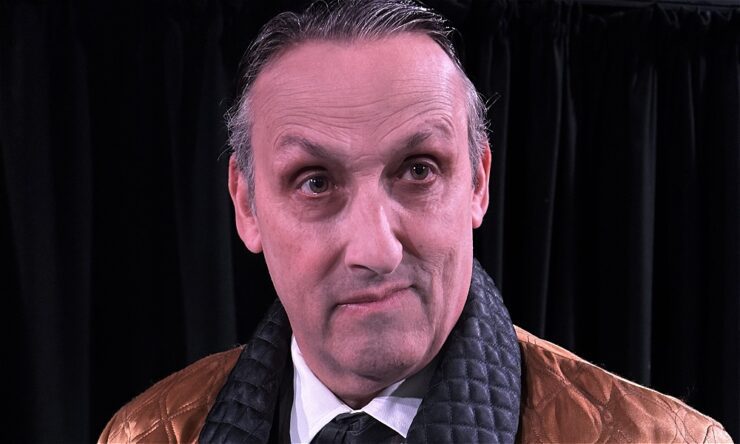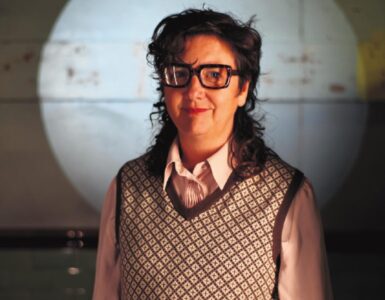Eulogy to a departed friend, confessional or final testament, this is Sherlock’s final speech. It is addressed to his partner, Watson, although it becomes clear fairly quickly that Watson is no longer of this mortal plane. While Sherlock talks about his life and great achievements, he always returns to his admiration of Watson.
Starting at their first meeting to their greatest hits, his feigned death and reincarnation to his Sussex beekeeping retirement, as well as some details we didn’t get in the books, get ready to hear it all from the renowned detective himself.
Sherlock Holmes is one of the most famous and most adapted IPs. Even in its day it spawned fanfiction and magazines, and now it’s inspired countless TV shows, plays, novels… It is hard to find something new to say. Here we have Sherlock’s voice, the final act of his story.
Watson has almost always been the filter through which the world has had to admire Sherlock. Even the stories told from Sherlock’s perspective (only a few) are jotted down by Watson from conversations with the detective, so the switch in perspective is interesting. How does Sherlock retell the tale? He treats this performance like a confessional, admitting to the times he let his suspects go free when he learned that their actions were justified, such as a man who killed a wife-beater, whom he preferred to call “assassin” rather than “murderer”. He is keen to analyse Watson, always looking over his shoulder and picking apart Watson’s admiration and the blind eye he turned to Sherlock’s defiance of the law when it came to protecting criminals that he considered justified.
The speech relays the events of Sherlock’s life in a mostly chronological order to the audience, with dramatic reenactments of the most famous plays, such as the Speckled Band, the Hound of the Baskervilles and the Final Problem. There are some flashbacks to Sherlock’s childhood, notably when Mycroft, his brother is mentioned. For those fans of Sherlock, it is an exciting, moving selection of scenes, and for those less familiar it is a great introduction. Sherlock’s drug habit is not glossed over either, a small case with a syringe sits on the piano like Chekhov’s cocaine. There’s a hint of apprehension in Sherlock’s voice and as he excitedly talks about his adventures with Watson, a sense of grief hangs heavy in the air.
Miles-Thomas plays a convincing Holmes, vain but lonely, ageing and scared. He is so lost without his Watson that he can hardly admit to his death. However I felt like the play mostly felt like a summary of things I had seen or read before, albeit entertaining and excellently played, I would’ve expected a more novel interpretation of the great detective for a fringe show. I felt that the script was almost playing safe, with popular interpretations such as Sherlock finding Irene Adler attractive (a common interpretation that is surprisingly not supported in the original story).
While this feels a bit like “Greatest Hits” album at times, they are greatest hits for a reason and I think this play would make a great introduction to get a sense of the Sherlock Holmes chronology. At its core this play is, much like the books, about the friendship between Holmes and Watson. The theme of grief, loss and endings makes for a heartbreaking performance.
At the end of the day this is a love letter to Watson. It’s an action-packed hour of the most memorable parts of Sherlock Holmes’ story and is sure to entertain any fan of the series.
Recommended Drink: If you want to get on Sherlock’s level, a “stimulating” cocktail of cocaine and opium would be more appropriate.
Catch Sherlock Holmes: The Last Act as part of Prague Fringe until June 1st. Tickets are available through the Prague Fringe Box Office.









